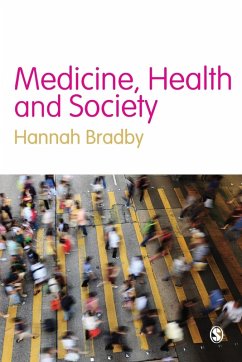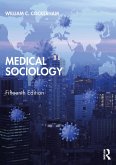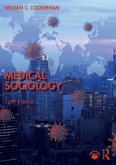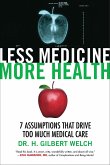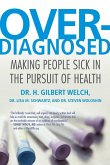A clear, bold book which provides a contemporary account of why medicine and health matter in our modern society. Written by an expert in both sociology and medicine, it critically explores key areas of debate and policy whilst explaining the practical realities of medicine today.
Bitte wählen Sie Ihr Anliegen aus.
Rechnungen
Retourenschein anfordern
Bestellstatus
Storno

